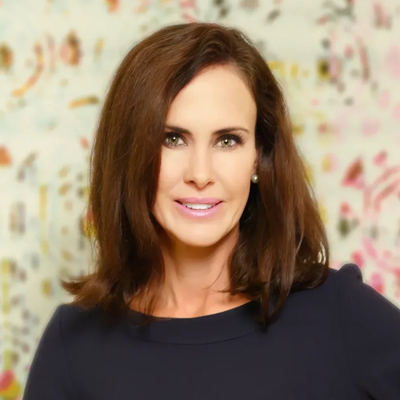
But what does it mean to be in crisis in modern times? Depending on who you ask, it could range from something as simple as a bad choice (think unfortunate corporate tweet) to much more serious events (think global pandemic, financial ruin, death and dying). But as both a crisis management expert as well as a hospice chaplain, I can tell you that an inappropriate tweet, while potentially damaging, is not actually life changing. What does change your life is catastrophic illness, the demise of a business, the death of a loved one, the failure of a marriage, the unraveling of a partnership, the loss of reputation, etc. And while it may seem surprising to mention death in parallel with professional crisis, there is a common thread—loss.
The lack of personal and professional boundaries is never more conspicuous than in family enterprise. Complex interpersonal dynamics, historical baggage, and diverging priorities can be tough to navigate on a good day, but combine generations of a successful family business with a major catastrophe, and the concept of an awkward Thanksgiving dinner takes on a whole new meaning. But it’s also a powerful catalyst. Nothing shakes loose hidden issues, or issues considered better left ignored, like crisis. It points to areas of alignment and misalignment. It often brings up feelings of responsibility, duty, loyalty, and resentment. It also creates the necessity for difficult conversations, the outlines of which have likely been brewing for quite some time.
Sidebar

All succession planning practitioners know that impending death is a terrible time to think through these issues. But even proactive succession planning misses the mark by not acknowledging that what we’re actually talking about is death and dying. We use euphemistic language such as legacy, vision, continuity, G1, G2, G3, etc., that overlooks the fact that we are talking about real people and mortality. It glazes over that, beneath the surface of discussions around succession, estate planning, transition of property, and the like, lie a million landmines of past relational wounds. Your clients might think they’re quibbling about what to do with Mom’s china but, subconsciously, the argument is often about who was the favorite child. Material possessions and financial bequests become placeholders for love and affection. This happens all the time, at some scale, across all families. When hard truths remain unsaid, a crisis will exacerbate any underlying conflict and tends to pull families further apart.
Should crisis hit, root out what gets in the way of connection. Ask yourself if the clients’ story involves old hurts, resentments, or losses. What emotions are being dredged up? What assumptions are they bringing? While families need to work collectively in crisis, our job as individuals is to untangle what’s going on in our own minds. Can advisors and clients be self-aware enough to separate the actual crisis from what they’re muddling together? While creating connection might not be able to heal old wounds, it goes a long way towards smoothing the path. Connection provides an anchor to weather the storm—something that holds families to solid ground.
Reference
1 “Crisis.” Online Etymology Dictionary. Accessed July 8, 2024. https://www.etymonline.com/word/crisis.


